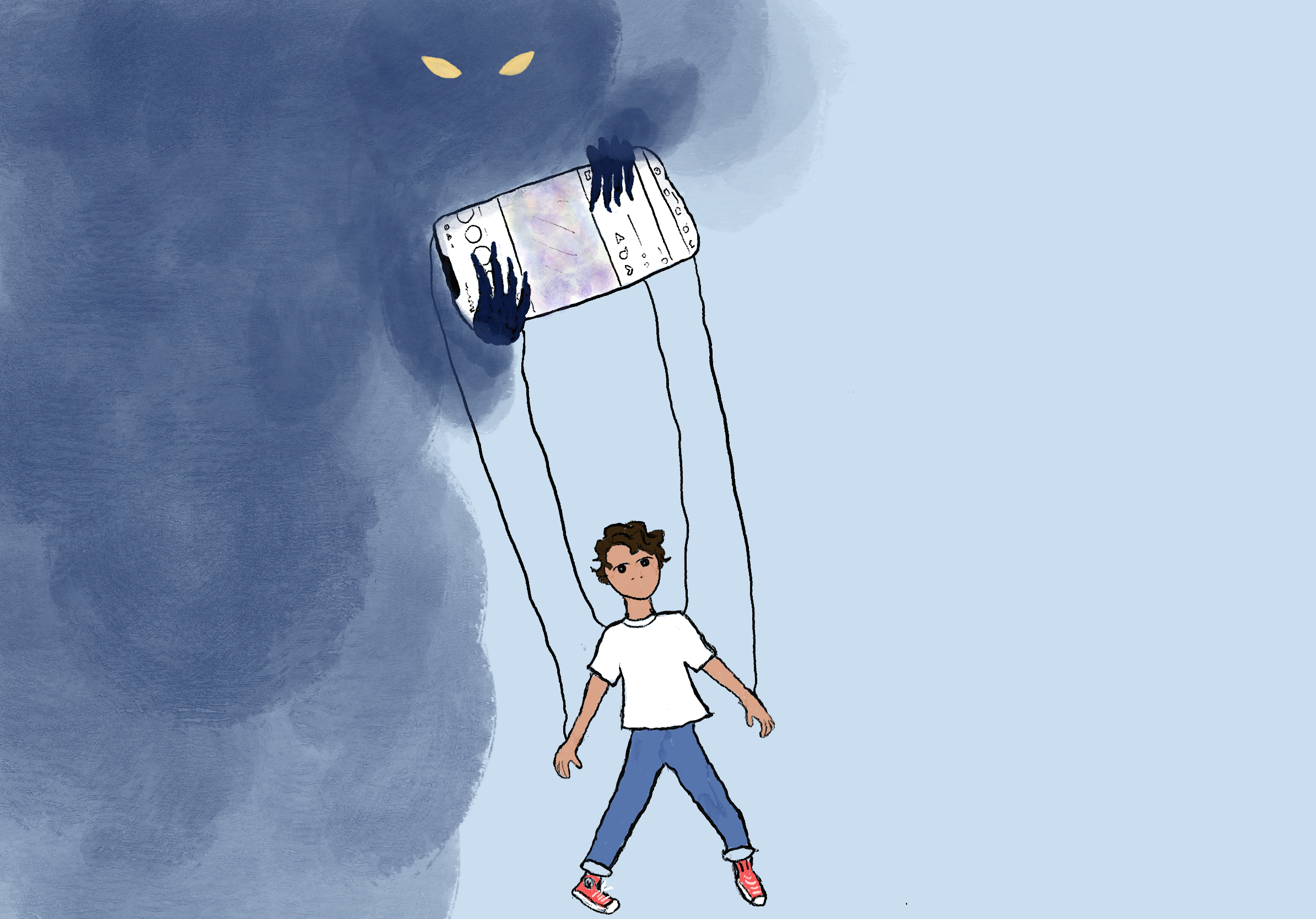NewslettersOctober 12th, 2021
PG #92: Instagram for kids? viewer discretion advised


If Satan were an app developer, Instagram would be his masterpiece. A social media platform that constantly reminds you of how your friends and family are generally happier, more prosperous and leading more fulfilling lives than you. It is Machiavellian in design and cruel in execution. Suffice to say; I am not a huge fan.
So you can imagine my surprise a few weeks ago when Facebook announced that it was halting the development of an “Instagram experience” for children between the ages of 10 and 12. The announcement timing was suspect. Facebook was already facing a Senate Committee looking into the effects of social media on children’s health while dealing with the fallout of leaked findings from a study dealing with the same topic. Call me cynical, but Facebook’s back-peddling felt less like a genuine concern for public wellbeing and more like a well-timed PR move.
However, it’s not the corporation’s behaviour over the past few weeks that I take issue with. It’s the fact that the idea was both conceived and almost came to fruition. An app that risks the mental health of its target demographic and has the potential to turn them into data-mines. How did such a diabolical concept make it past the post-it note showmanship of an ‘ideation workshop’ and into a real production schedule?
Facebook’s own leaked research tells us that some teenagers who use Instagram feel like the app contributes to their feelings of depression or anxiety. Teenage girls in particular reported feeling worse about their body-image issues when using the app. According to its own manifesto, Facebook says that it has “a responsibility to promote the best of what people can do together by keeping people safe and preventing harm”. I cannot conceive of a world where that statement, those research results, and app concept can coexist.
As a society, we need to ensure that our children can engage with digital platforms safely and inclusively. Part of that discussion has to be about what platforms and spaces we want our children to stay away from until they are informed enough to make their own decisions. I expect that every organisation contributes to these conversations in a responsible and empathetic manner.
Facebook’s recent behaviour has been reprehensible, and it is another indication that they can’t be trusted to behave like a responsible corporate citizen.


